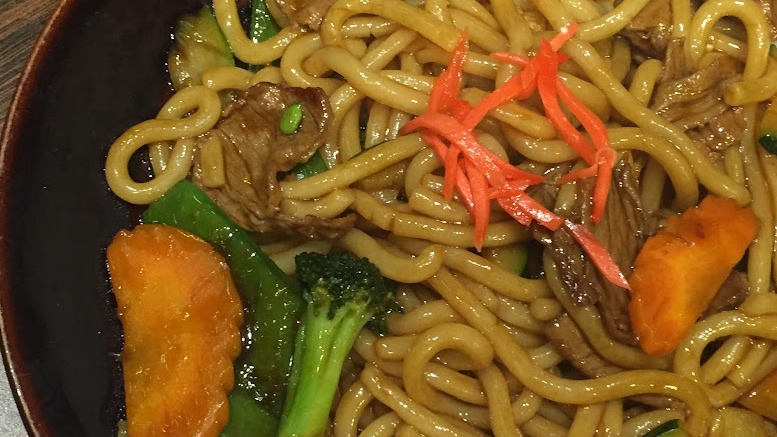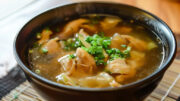Taiwanese cuisine, rooted in the culinary traditions of the Fukien or Fujian province of southern China, reflects a rich tapestry of cultural influences. With most of Taiwan’s immigrants hailing from this region of China, it was inevitable that Taiwanese cuisine would be deeply intertwined with Chinese culinary heritage.
However, Taiwanese cuisine has also been shaped by its complex history and interactions with other cultures. Japan’s 50-year occupation of Taiwan, which ended in 1945, left a lasting impact on Taiwanese gastronomy. Japanese dishes like miso soup and sushi are as ubiquitous in Taipei as they are in Tokyo, showcasing the fusion of Japanese and Taiwanese culinary traditions.
Spices, likely introduced from India via trade routes, add depth and flavor to Taiwanese dishes, although they are generally used in moderation, resulting in a cuisine that is reasonably mild compared to some of its Asian counterparts.
Taiwanese cuisine is characterized by its simplicity and resourcefulness, making the best use of the island’s limited resources. With a high population density and limited flat grazing land, Taiwanese cooks have adapted to utilize the ingredients readily available to them. Fish and seafood are staples in the Taiwanese diet, while rice is often supplemented with sweet potato or taro roots to provide sustenance.
Meals in Taiwan are typically prepared quickly and all at once to conserve energy. While fish is the most popular protein source, chicken is also commonly used, with beef, pork, and lamb being less prevalent due to their higher cost. Taiwanese cuisine also celebrates a diverse array of fruits and vegetables, including sweet potatoes, pineapple, bitter melon, black beans, pickled radishes, peanuts, chili peppers, parsley, and basil, each adding unique flavors and textures to dishes.
From humble street food stalls to upscale restaurants, Taiwanese cuisine offers a tantalizing journey through the island’s history, culture, and geography, promising a culinary adventure that delights the senses and nourishes the soul.





